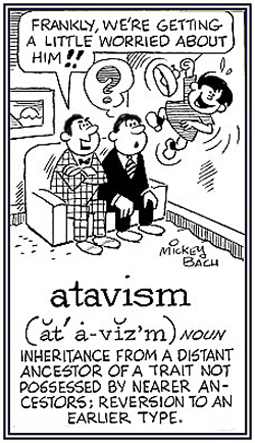-ism, -ismus
(Greek, ismos; Latin, ismus: a suffix: belief in, practice of, condition of, process, characteristic behavior or manner, abnormal state, distinctive feature or trait)
2. Designed to prevent infection from pathogenic microorganisms: Ted, the health practitioner, taught the homeless people some basic lessons in asepticism in order to help them maintain better health.
3. Free of pathogenic microbes: An asepticism of surgical instruments and environment is always a major objective of hospitals.
4. Using methods to protect against infection by pathogenic microorganisms: Dr. Payne insists on preparing a condition of asepticism for patients before any surgical procedures take place.
5. Lacking animation or emotion: Jim's facial asepticism was difficult to maintain all the time while the seals were performing at the aquarium.
2. In mineralogy, a six-rayed star-shaped figure seen in some crystal structures under reflected or transmitted light.
3. Etymology: from Greek asterismos, from asterizein, "to arrange in constellations"; from aster-, "star".
2. A common form of visual impairment in which part of an image is blurred, due to an irregularity in the curvature of the front surface of the eye, the cornea.
The curve of the cornea is shaped more like an American football or a rugby ball rather than normally as a spherical basketball.
Light rays entering the eye are not uniformly focused on the retina; resulting in blurred vision at all distances and only part of what a person is looking at is in clear focus at any one time.
3. Etymology: coined in form of astigmatic in 1849 by English scientist William Whewell (1794-1866), from Greek a-, "without" + stigmatos, stigma, "a mark, a spot, a puncture".Supposedly, the star is Sirius, the dog star; because it rises and sets with the sun during summer in the northern hemisphere, its name is associated with "dog days" usually applicable to the hottest part of the year in places north of the equator.
The dog days are those from about the middle of July to the middle of August although the exact dates vary depending on where people live.
The thought behind astrobolism was connected to an old idea that this period of summer was under a bad influence, in which dogs ran mad, the air was unwholesome, sunstroke was common, and practical work was not done because of a lack of desire by people to do anything.
2. The reappearance of a former behavior even after a long period of being educated or trained: Mark's dog seemed to be returning to a kind of atavism which it had when it was a wild dog.
3. Etymology: from French atavisme; from Latin atavus, "ancestor, forefather"; from at- perhaps here meaning "beyond" + avus, "grandfather"; from "adult male relative other than the father".

Go to this Word A Day Revisited Index
for a list of additional Mickey Bach illustrations.
2. Skill in running, jumping, throwing, etc.
2. A mental disorder characterized by severely abnormal developments of social interaction and verbal and nonverbal communication skills.
3. A tendency to view life in terms of one's own needs and desires.
Affected individuals may adhere to inflexible, nonfunctional rituals or routine. They may become upset with even trivial changes in their environment. They often have a limited range of interests but may become preoccupied with a narrow range of subjects or activities. They appear unable to understand others' feelings and often have poor eye contact with others.
Unpredictable mood swings may occur. Many demonstrate stereotypical motor mannerisms; such as, hand or finger flapping, body rocking, or dipping. The disorder is probably caused by organically based central nervous system dysfunction, especially in the ability to process social or emotional information or language.
![]() Information about autism and autistic symptoms.
Information about autism and autistic symptoms.
2. In biology, the state of something originating or formed in the place where it was found: Autochthonism can be a predicament of a blood clot which developed in the spot where it was located.
2. An apparently goal-directed activity that is not, in fact, under the conscious, voluntary control, of the subject (occurring in epilepsy, catatonia, and fugue states).
This subject includes the performance of acts without conscious will, as, for example, after an attack of epilepsy or a concussion of the brain.
In such conditions, the person may perform acts of which he or she is neither conscious of at the time nor has any memory afterwards.
It is especially liable to occur when people suffering from epilepsy, mental subnormality, or concussion consume alcoholic drinks.


